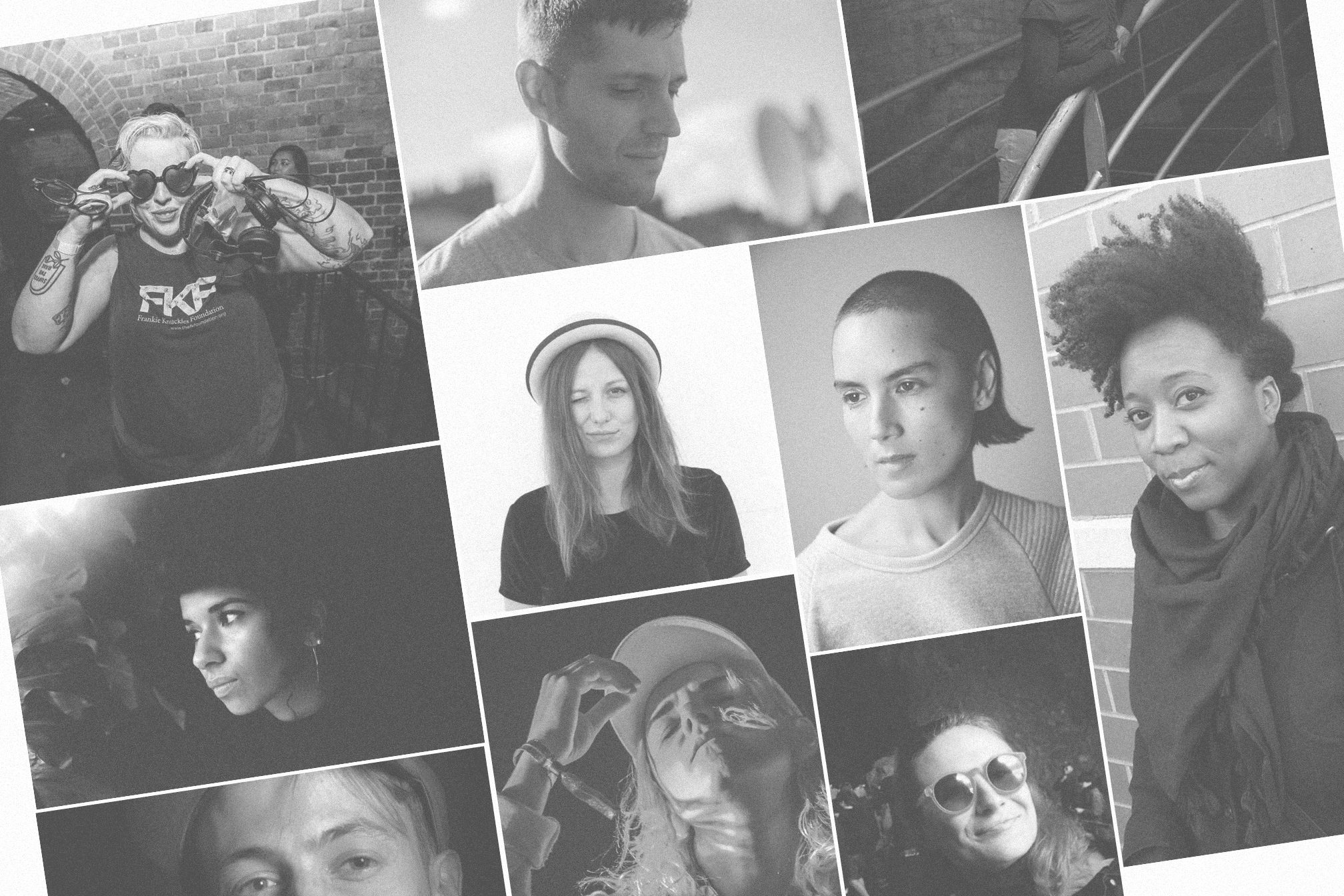 Lists
Lists
Industry figures tell us how to combat sexism and harassment in dance music
The Black Madonna, Nabihah Iqbal and more on what can be done
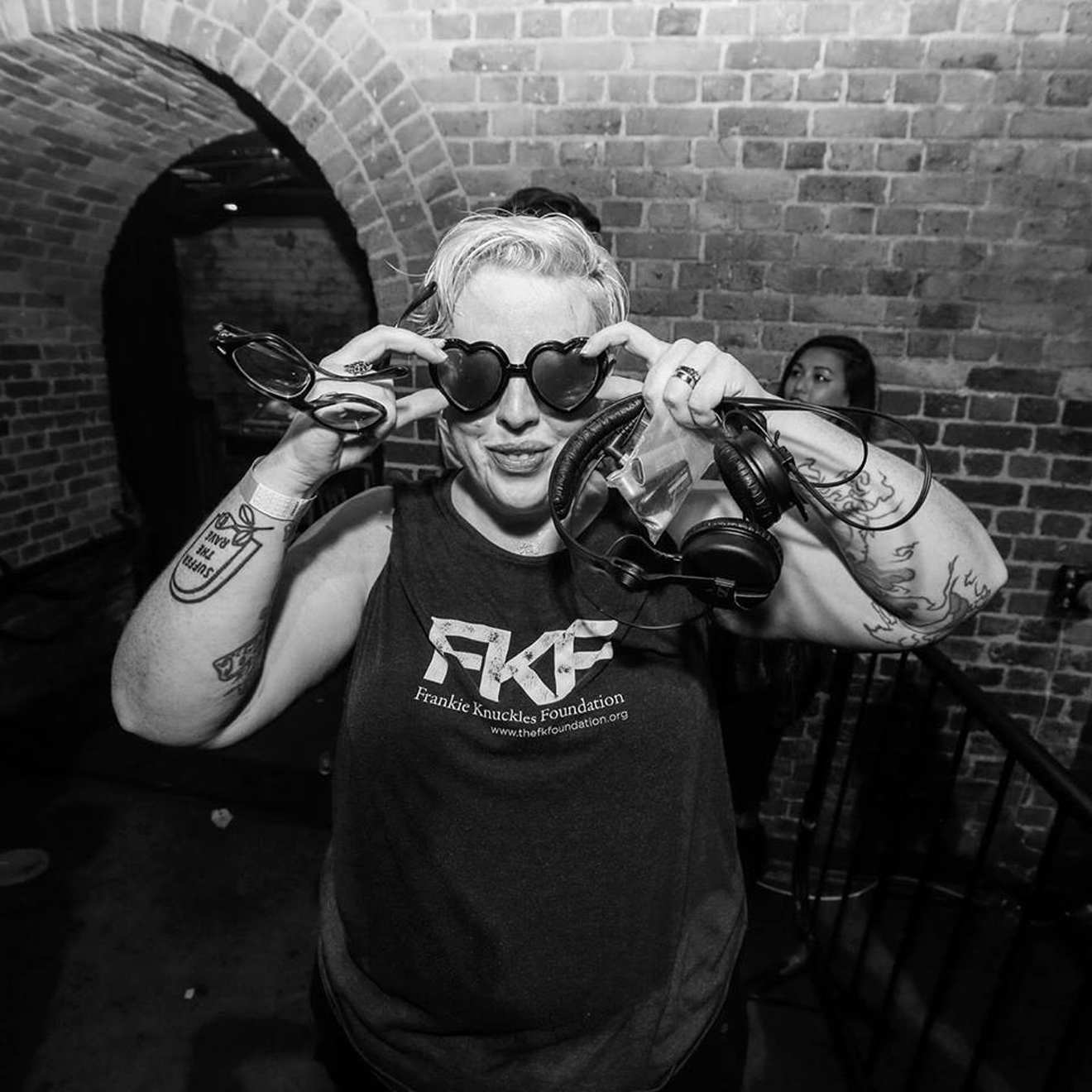
The Black Madonna
DJ and producer
How many stories of sexual assault go like this: “I was at a club and XYZ happened, and then I woke up, and I don’t remember what happened”? It’s a massive statistical slice of how sexual assaults happen. We’re in the lion’s den and we need to start acting like it. Everybody has to be on board with a set of protocols that values the safety and security of every patron first. Most of us that are touring at a certain level, we all have our own events, our own parties – we can demand a certain quality of safety for the people in our clubs. I’m starting to see now that people are doing training sessions for DJs as bystanders because we’re in unique position as witnesses to say, ‘Hey, that person over there doesn’t look like they’re well enough to be giving consent, I suspect something isn’t right’.
I am a little less interested in consciousness-raising: either you value the safety and happiness of other people or you don’t. When we talk about consciousness-raising, what we really mean is getting women to try to convince men that they [women] are human beings. And it should never be on women [to do that]. We have to have these conversations out of our own self-preservation, but the only people on the face of this earth that are responsible for misogyny are men, 100 per cent of the time. It’s not that women are powerless, but until men decide to pull up their big-boy pants, and check themselves, we’re going to constantly be in a situation where we’re putting out fires instead of preventing them.
DJs can help change things, just on a personal level. When they hear the kind of stuff about women like, ‘She doesn’t do her own work’, we should cut those conversations off. Those kinds of micro-aggressions towards women debase our value as professionals. I also know guys who are well-known, constantly touring DJs, who have it in their contracts that you have to have X-amount of women on the bill [or they won’t play your event]. They don’t break their arms patting themselves on the back about it, but it’s quietly in there and they enforce it. That kind of stuff, we have to have.
What we’re suffering from is an empathy gap relating to women’s stories, and their ability to be trusted as reliable witnesses to their lives. A good way to eliminate that is by having women in your life. A lot of guys don’t have close women friends. They have girlfriends, mothers, sisters – so does everybody, and that’s no testimony to your empathy for the things that we face; nor is it an alibi. Having women in your life will help keep you honest. Be friends with women, listen to them, put them on your bills. Befriend trans women, find out about the challenges they face inside venues, because the things that I face versus the things that my trans women friends face when they’re in the club and when they leave is a different level of safety. Truly integrating women into your lives as actual colleagues: those are empathy-building steps that men can take. All of the rest of it will flow naturally.
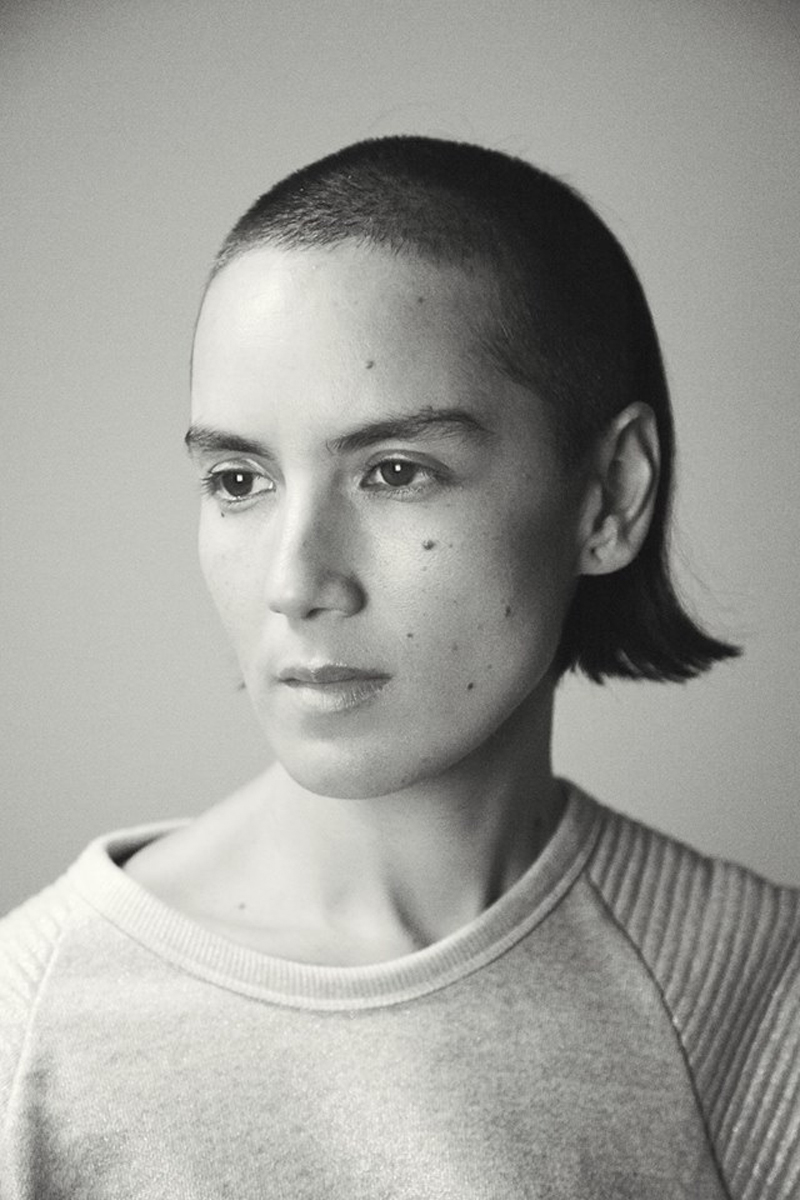
Kim Ann Foxman
DJ and producer
As people are doing in other fields, be aware and call out people or businesses who act in sexist, homophobic, transphobic or racist ways. Artists won’t want to play for those kinds of people if they know about it, and it’s good to use our positions as a tool to open minds. Dance music was about bringing people together. It’s important to remind people of that; it could help keep our community really tolerant and and inclusive. And keep supporting the whole process of DJs having equal opportunities – regardless of their gender or sexual identity. It’s not just white dudes who should be on top and making money. If clubs really want to make a change they should help close the pay gap and treat everybody more equally. It shouldn’t be just, ‘Let’s have these women play, let’s promote these queer artists, and let’s be inclusive’, but ‘Let’s also treat them equally and give them what they deserve’. Just because you’re booking someone, you still could be doing more. Just do more!
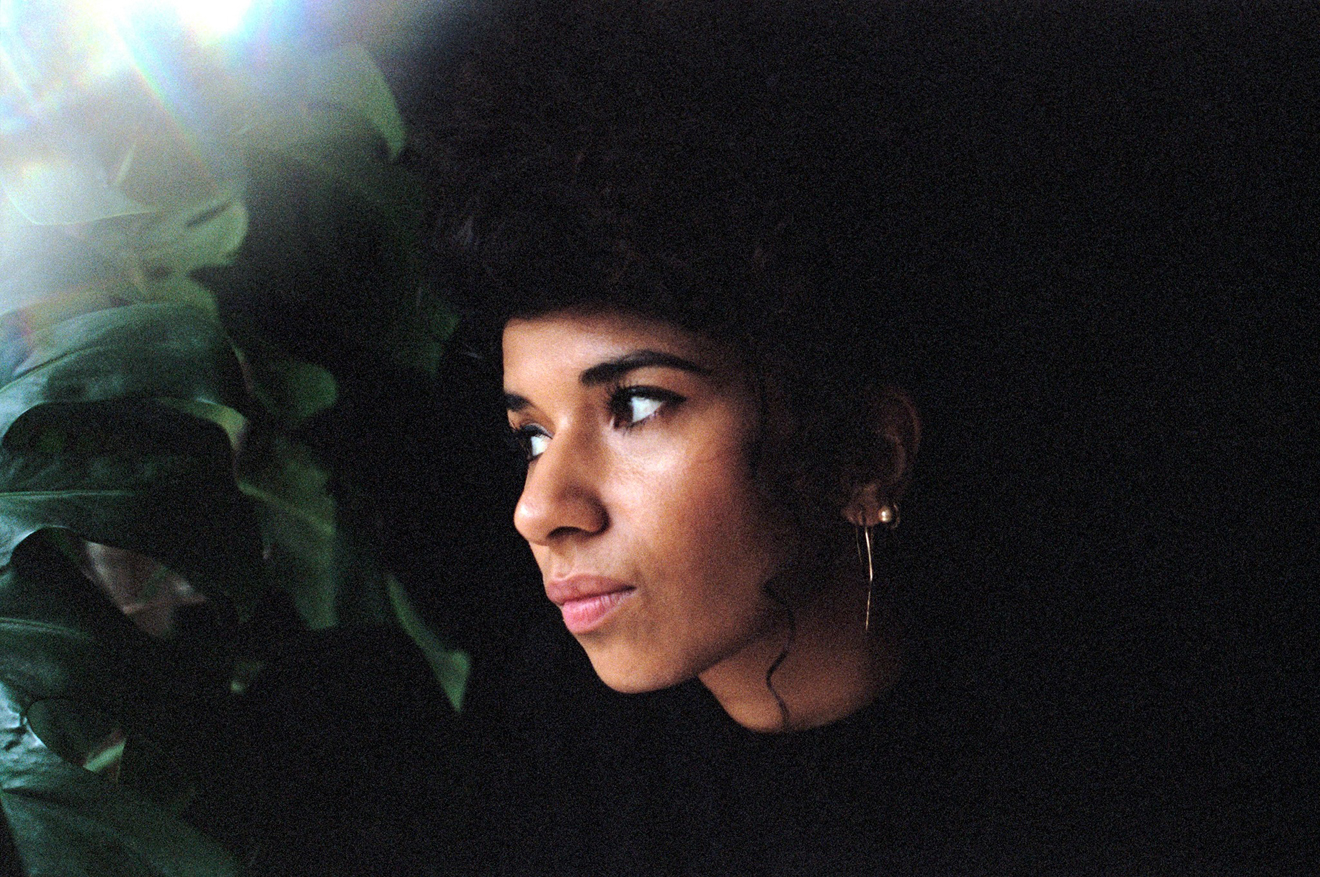
Nabihah Iqbal
DJ and musician, formerly Throwing Shade
I’ve been looking at what’s been happening with people getting exposed and then organisations saying that they’re changing their policies and I don’t think that a lot of the motives are coming from the right place. It doesn’t make sense that suddenly they’ve reached this moral turning point because everybody knows that this stuff’s been happening. It feels like the reason they’re trying to take the moral high ground now is because they want to quickly disassociate themselves from certain people. With the music industry, it’s the same again, you have to get to the decision in the right way. Having more women on bills because somebody set a 50% female quota rule – and someone fulfilling it for the sake of fulfilling it and not because they truly appreciate them for their skills – isn’t going to affect the kind of change that we are striving for. It’s the attitudes of people that need to change rather than what we see at face value.
One way to really push things forward is if the conversation moved across from women over to men and men start talking about it, and more male DJs spoke up about this problem. I remember Jackmaster tweeting a few months ago about [misogynist attitudes towards female DJs that he had witnessed] and it sparked a massive discussion. We need more men to do that. Because at the end of the day, the way things are at the moment is that most of the decision makers are men so they’re the ones who need to facilitate the change.
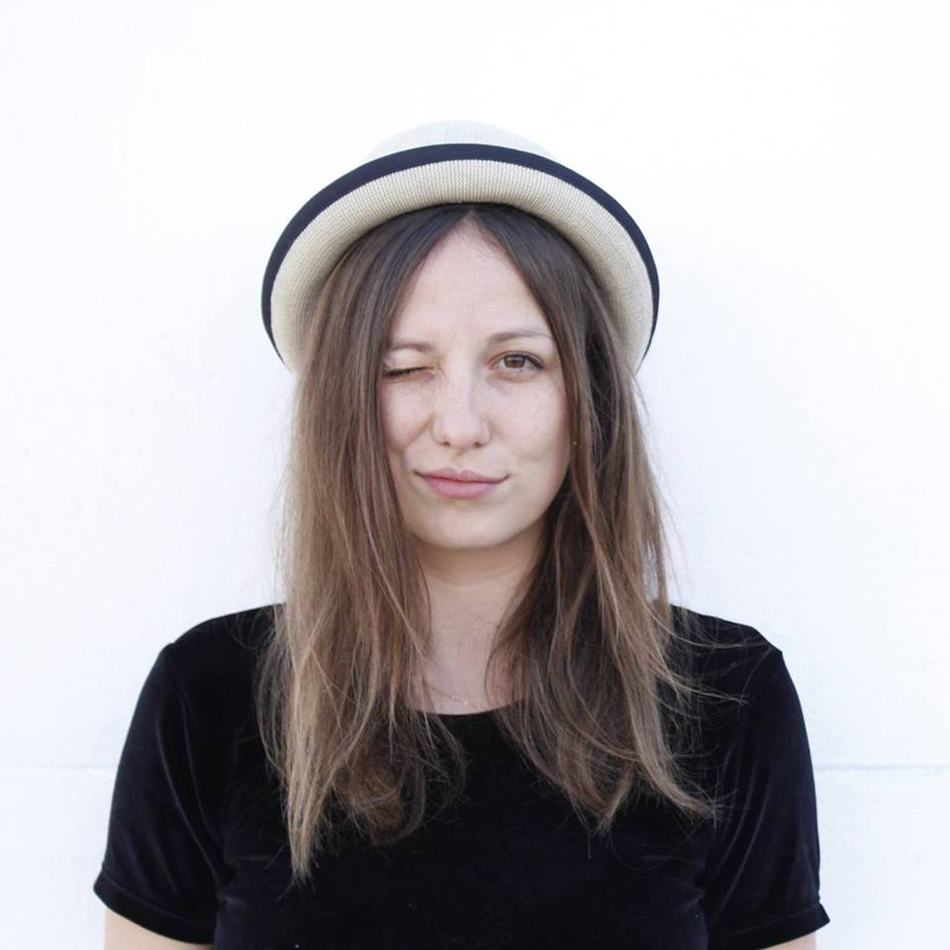
Andreea Magdalina
Founder of shesaidso, a digital network of women from across the industry
One way to address harassment in this business would be by creating more role models. If more women are represented in leadership roles this will create a working environment that is inclusive and one that makes it difficult for abusive behaviour to thrive. Communities like shesaidso make it easier for women to find support, mentoring, advice and thus increases the chances that these women will end up in those leading positions. To accelerate that, we recently launched a mentorship programme, she.grows, that pairs women from our community with each other and ensure they get that much needed access and guidance. We hope to expand it next year by introducing it in more territories and by getting more diverse people involved, including men.

Dan Beaumont
Owner Dalston Superstore, promoter Chapter 10
Harassment happens in gay clubs just as much as in straight clubs; in some instances it can be an environment that’s aggressively sexual and where consent has become a grey area. So in terms of creating a safe ethos within a party, I find that the best way is a positive one – which is making sure that the people who come are open-minded and respectful. Staff training and robust internal policies are vital, whatever the makeup of your crowd. But you can tell how good a club is by the percentage of people who really know why they’re there. If 95 per cent of the people know why they’re there, it will make it a much safer, more constructive space. But if you go to a venue and 50 per cent of the people don’t know why they’re there then you have a problem, because in that case you have people who just want to go somewhere because it’s late, they just want to get another drink, or they want to get laid. In those instances, how you can expect to have any kind of quality in terms of behaviour, but also general respect for one another? So I think that’s a good overall rule for raving. The rave ratio. The ravetio!
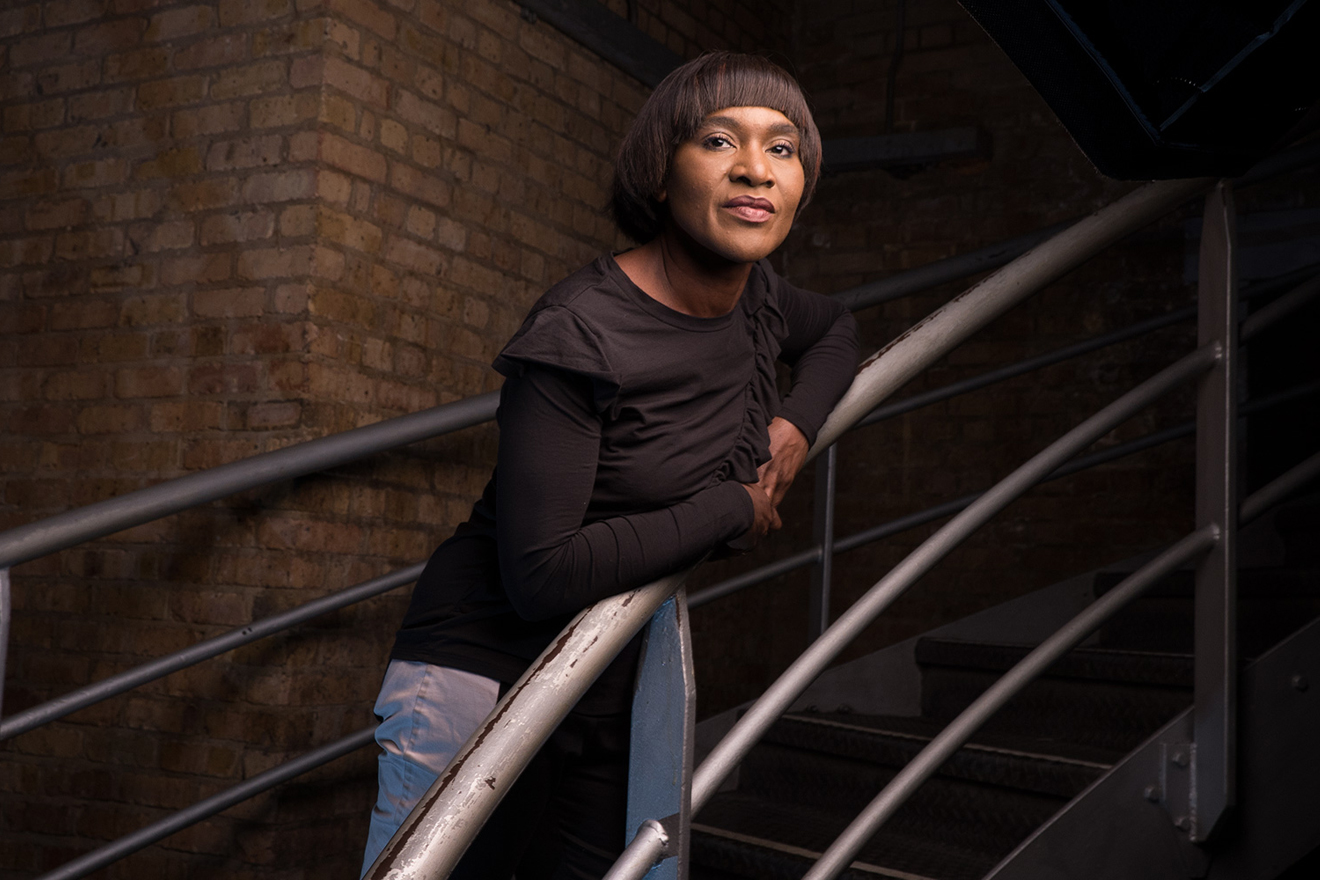
Judy Griffith
Promotions manager, fabric
I really think electronic music culture can change for the better. In 2012, fabric launched a campaign where we put posters up in the club and trained all our staff in spotting any inappropriate behaviour on the dancefloor and how to help victims and handle perpetrators. We’ve got a welfare team now who, apart from checking that people are OK, also check for people in distress. Since then [reported incidents of harassment and assault have] have definitely gone down at fabric – and that model can easily be rolled out everywhere. We continue to think it’s a really important thing to push, and I hope that more bars and clubs will come on board and not feel that they shouldn’t because they don’t want people to think that they’ve got a problem.
The normalisation of women in dance music is definitely a factor, and gender inequality has to be addressed in order for us to truly address harassment. As long as women are seen as second-class citizens, they’re never going to be safe from predatory men. So yes, indirectly there does need to be more females on the line-up rather than one token person, there needs to be more ladies on the scene being a part of conversations, and in higher positions. That way we’ll get less abuse of power dynamics.
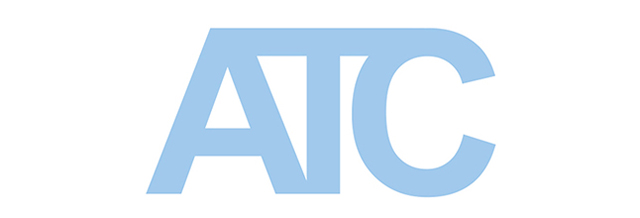
Toby Donnelly
Manager and partner, ATC Management
Women are massively underrepresented, both on the performance side and on the industry side. To really change the overall working culture in a way that will trickle through into clubbing culture, we should – and we being [straight white] men – be proactively working on improving the positions of women and other minorities around us in the music industry.
Generally, most women I meet are assistants or in junior positions. Not all, but there is very much an old boys’ culture [in the music industry], and while there are probably a lot of men who feel that they’re relatively enlightened, the reality is that women are not in the more senior roles in the industry overall. We should be aggressively recruiting more women, we should be supporting women in their roles, and if people call out harassment we should be supporting them and listening to them. We should be creating safer spaces for everyone within our culture, be it the people going to clubs or working in an office.
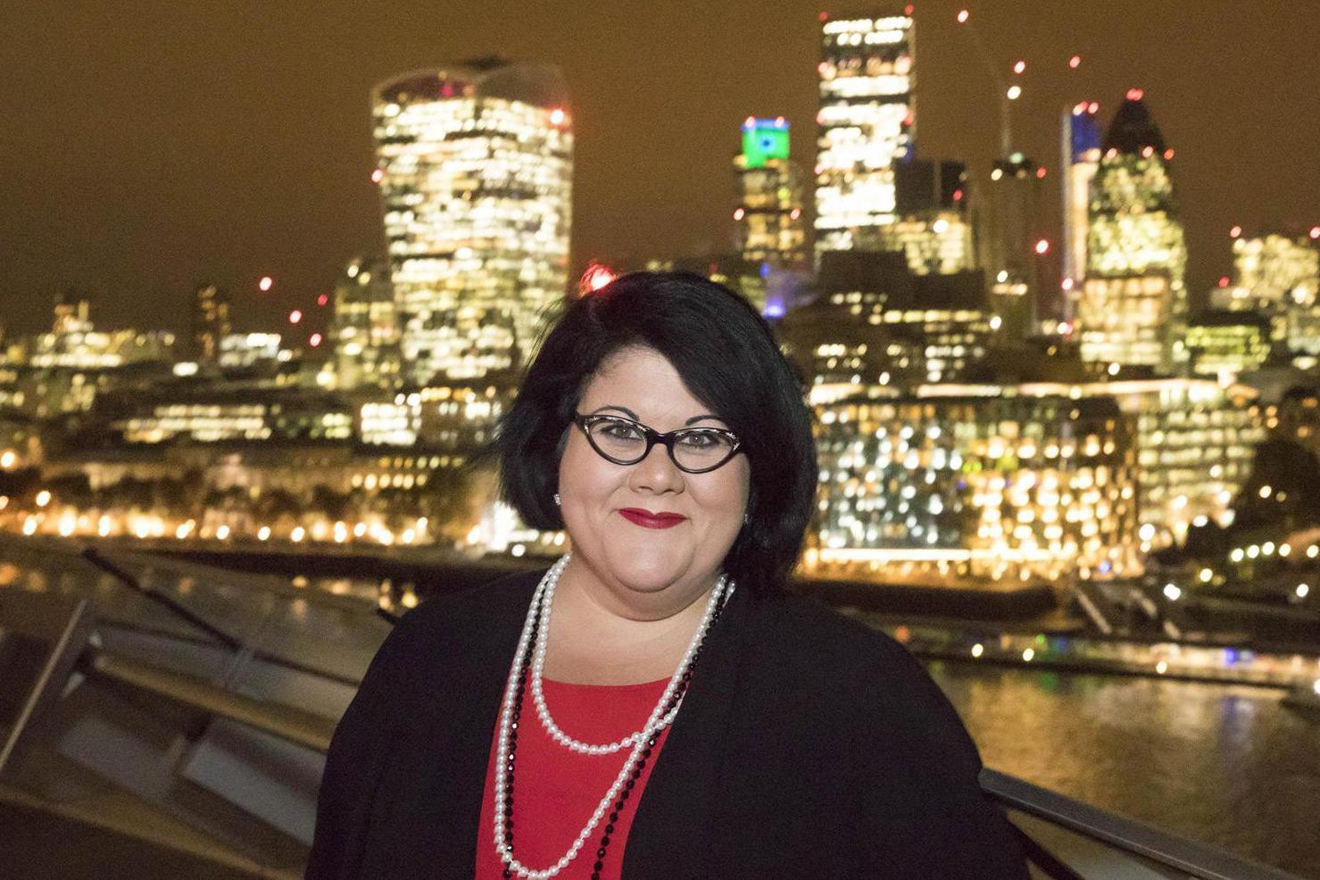
Amy Lamé
London's first Night Czar
We realise now just how endemic women’s safety issues are, across every area of life. What’s become clear is that it’s difficult to police everywhere, from the boardroom to the dancefloor. If you behave badly at the post office, or shout at a bus driver, you get escorted off the premises. But for too long [in nightlife], we’ve tolerated unacceptable behaviour – and it’s got to a tipping point. In July 2017 I held the first ever Women’s Night Safety summit with 100 change-makers, activists, the police, deputy mayors and more. It was the first time so many women from across the sector had met together to discuss having a unified response to the problems that women face around safety at night. The idea was to put together a Women’s Night Safety Charter, a guideline for strategies to combat violence against women and girls [for clubs, pubs, bars and beyond]. Hopefully it will be a springboard for women and men to have their own discussions about. If we don’t engage men in the conversation, we’re not having a conversation.

Tia Simon Campbell & Nadine Davis
DJs and promoters of BBZ, a party for queer people of colour
We see our party as creating a safe haven. We have a distinct policy – that BBZ is an intentional space, prioritising queer, trans and non binary people of colour, and any behaviour deemed as disrespectful, classist, sexist, racist, transphobic or homophobic will not be tolerated – and we make sure everybody knows this before arrival. Because we’re creating a conversation around what we’re doing, our party polices itself. A lot of other [LGBQTIA+-friendly] parties, like Pussy Palace, have ‘badge bitches’ that go around checking in with people – everybody holds themselves accountable to everyone’s safety. What we’re doing is nothing special. It should be the bare minimum. There should be more conversation around the amount of assault that goes on in clubs, and how comfortable women do or don’t feel in spaces, and how to make those spaces better for everybody. Not just women, not just femme-identifying people, but non-binary people and trans people, too.

Gabriel Szatan
Journalist and Boiler Room host
The last few years have seen an accelerated shifting of norms from "lol, women can't DJ" to "okay, women can be DJs" to women are now de facto part of the conversation. That will have had an effect on the amount that men think they can get away with harassment and misogyny in dance music. But there are still people who are catching up with those norms, especially how we talk about women in music online. There isn’t room to make mistakes that are unacceptable – IRL or URL – but taking someone’s hand and showing them how to be respectful and accommodating people who have different perspectives, different DJs, people other than you, should be done gently if there's reason to believe the ignorance comes from being simply unaware. Bottom of the barrel comments on Boiler Room socials merit an instant ban but if someone's like "I don't get it", I see that as an open door to try and educate them. Not every 18-year old-guy who's clubbing for the first time will necessarily be all the way up to speed and we need to show them the way to be a healthier part of dance music culture. Starting with subtle but important signposting at the outset – ie don’t be a dick – should hopefully foster more understanding down the line.
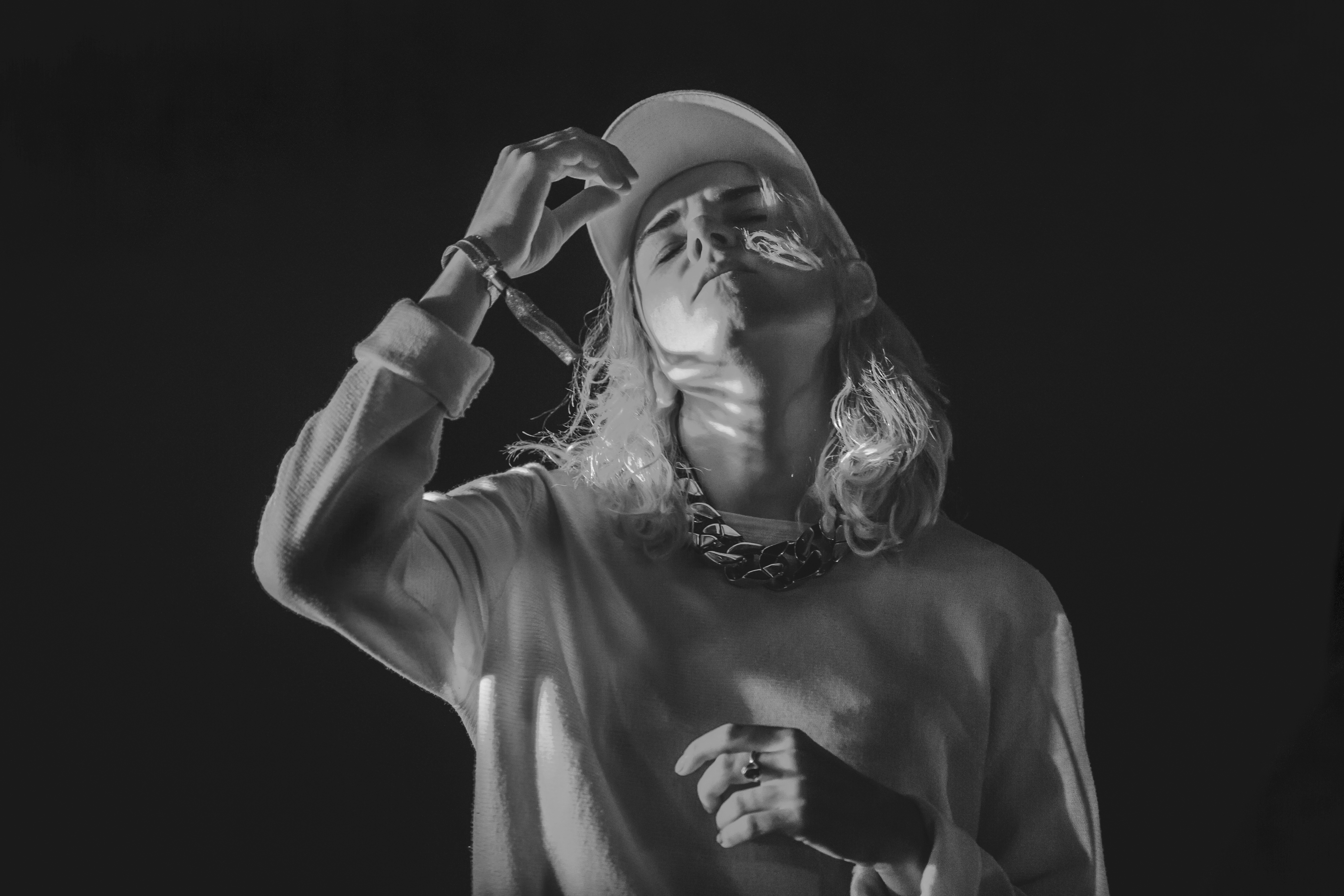
HAAI
DJ and producer
It would be so much more helpful to educate people before they step inside the club. Security can often be heavy handed or feel like it's their job to police people as opposed to letting them know what's appropriate behaviour and their policies beforehand, and that they don't stand for that sort of behaviour. People do need to be told in some way. There's definitely still a way to go but since the Fabric [#SaveOurCulture campaign] and how many people got behind that, there's been a real communal support for dance music and it's got people feeling like they're part of something again. In terms of conduct on the dancefloor, there's still a little way to go. But there's more awareness and that goes outside of the club as well.
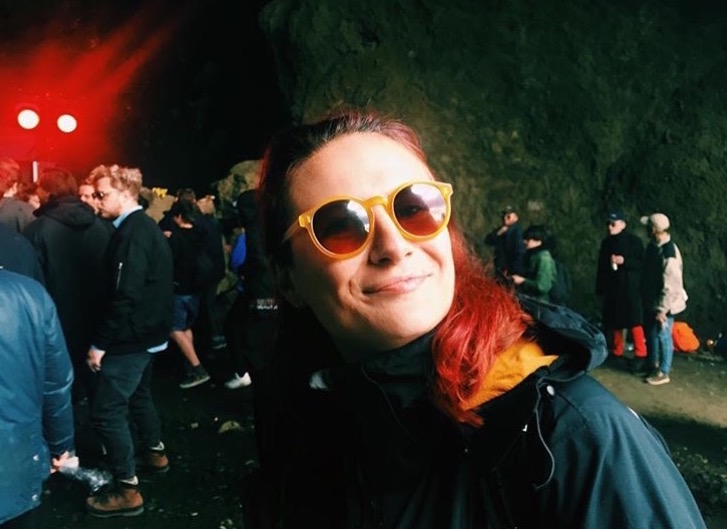
Melissa Taylor
Publicist, Tailored Communication (Nina Kraviz, Avalon Emerson, Carl Craig)
There’s been a double standard in the media – which I’m happy to say is slowly changing – where women are so often presented as being in competition with each other, or editors feel only able to present them alongside other women, even if they have nothing in common musically/artistically. This all trickles down to the promoters, who say things like “there are no women headliners” or “I can’t book women because my crowd won’t pay to see them”; things I’ve heard uttered (and much worse) by some small club promoters and big festival promoters alike. That in turn is passed down to consumers, who see women as things to objectify, because that’s the message they get from the media.
We have come a long way in the last three years, but I feel that there’s an additional lack of awareness of all the incredible women who’ve been part of the industry for years but were ignored by the media. They aren’t recognised for their contributions or they are being erased by a rewriting of music history from some journalists and collectives. In the UK and Europe, women have always been a powerful force in the industry as artists and behind the scenes. I would welcome more women in positions of editorial power.
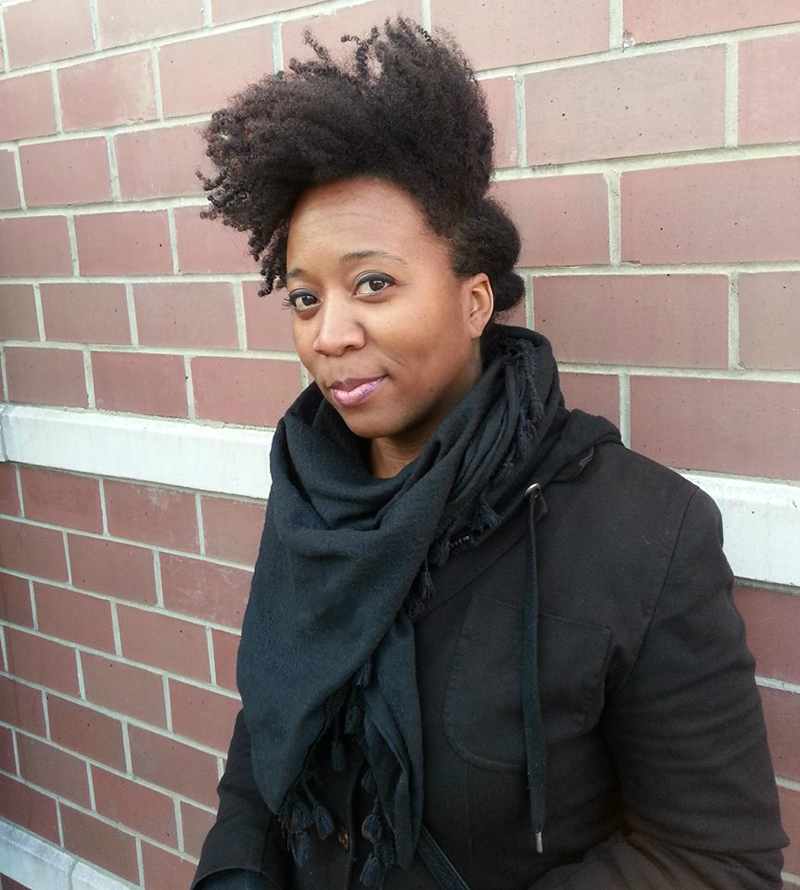
Sky Deep
DJ and producer; runs the Reclaim The Beats festival
There needs to be some kind of mandate where there’s more women, more brown and more queer people in security, or people that are conscious of [issues such as harassment and assault]. It doesn't work with just telling some CEO guy how he should behave. But if there is a body of staff that has various sensitivities around harassment and abuse then CEOs can learn from their staff little by little. And even if they don't, even if they're in the goddam Bahamas somewhere while everything is happening, at least the staff is active and interactive with making these differences. [Diversity] still has a long way to go in electronic music but there tends to be a huge community approach to [social issues] and that can be a very influential force in how things can change. Especially coming from the underground: everything that is underground ends up going mainstream. So even if we're just starting in the underground, starting with small bars, where they are educating their staff or diversifying their staff, [it could have a knock-on effect for] medium bars and then giant venues.
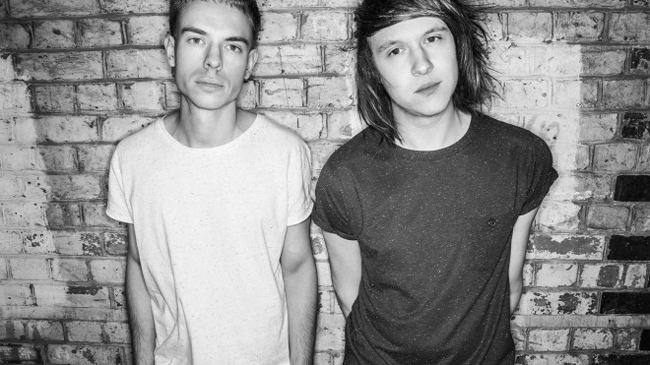
Andy George
Co-founder, Lost Village Festival (pictured right)
Festivals are essentially a microcosm of everyday society and have an incredibly important role in preventing and eradicating harassment. With a public platform comes responsibility, and events right across the board should be thinking about how to make theirs as safe as physically possible and ensuring they have the right welfare facilities onsite to protect freedom of speech and expression. Festivals are utopian environments which should be projecting the best of these values. At Lost Village in particular we’ve set-up a live phone number for anyone to call at any time across the weekend – they can speak to a professional from our team about anything that happens and we take every piece of feedback seriously. There’s a ‘reap what you sow’ element to festivals – people will act in accordance to the backdrop you create, which is why we are so focused on all the small details, working with the likes of the The Association of Independent Festivals on [their] safer spaces [campaign] and creating a positive environment.
Kate Hutchinson is a freelance journalist


